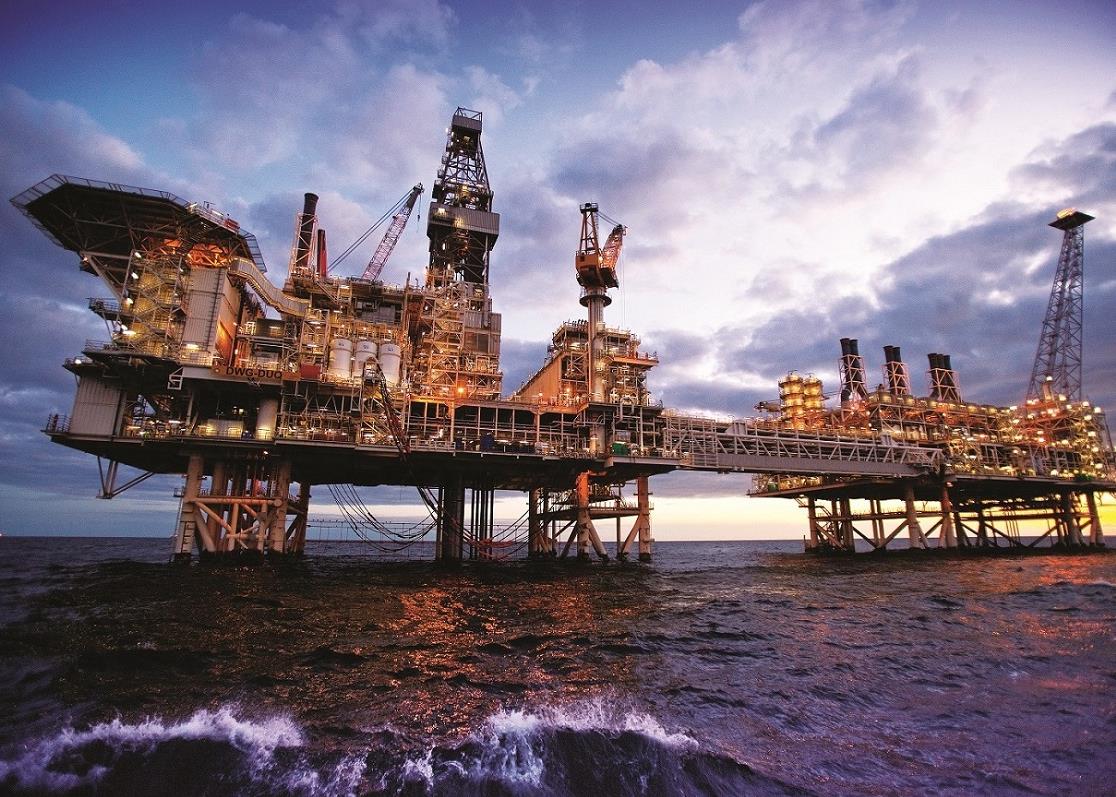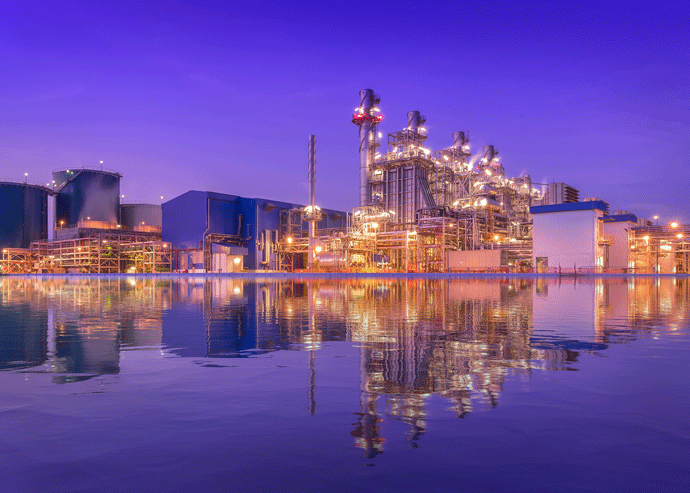
Progress at Iran’s $500m Kahnuj titanium dioxide complex has stalled while the government searches for international investors to take shares in the plant.
Sources tell MEED Tehran’s decision to privatise the complex, which was originally to be state funded, is continuing to delay work that was meant to start nine months ago.
It is the latest sign that Iran is struggling to attract much-needed overseas investment for its privatisation process in the face of US sanctions. “The government has decided to privatise this project,” says a source close to developments. “It is searching for companies to invest in it.”
Some local companies have shown an interest in developing the complex in southern Kerman province, but they have yet to find foreign parties to provide the technology and finances required to carry out the work.
“This is a very large project,” the source tells MEED. “Local companies will need to find a foreign partner.”
When work on the project was initially tendered in 2006, the client, Iran Mines & Mineral Industries Development & Renovation Organisation (Imidro), which holds the government’s mining and mineral interests, said it would be state funded. However, it has since changed its position.
The complex consists of four parts: a mine to provide feedstock for the plant; a beneficiation unit of 130,000 tonnes a year (t/y); a slag processing unit with capacity of 70,000 t/y; and a pigment production plant of 50,000 t/y. The pigment will be used domestically for production of paint, polymers, printing ink and textile dye, as well as in the aviation industry.
Until recently, consultancy services at Kahnuj were provided by the local Kar Azin Consulting Engineering Company. But the firm’s work has been suspended because of the slow privatisation process.
Kar Azin has completed feasibility studies on the project with a German company. The results of these studies, based on a facility producing 15,000 t/y of titanium dioxide pigment, are believed to be positive.
“The deposit at Kahnuj is very good,” says the source. “This is a very large project for Iran. I hope that in the coming months the government will decide how to move forward.”
Contractors were originally invited to prequalify for three separate engineering, procurement and construction packages in 2006. But a lack of interest among potential bidders led to the project being retendered as a single package, with a bid deadline of May 2007.
Five consortiums, each led by a local company, were believed to be bidding for the work. Bidders included Finland’s Outokompu and South Africa’s Bateman, as well as several Ukrainian and Chinese suppliers. A winner was due to be selected by July last year (MEED 20:4:07).
The plan to sell shares to international investors is part of a wider privatisation plan by Tehran to sell off hundreds of state-owned companies.
Several of the companies controlled by Imidro have already been partially privatised, including Mobarakeh Steel Company, Khuzestan Steel Company, National Iranian Copper Company and Iranian Aluminium Company.
The programme has been frustrated by a lack of investor appetite for the shares. This is partly due to a lack of appetite among domestic investors and partly because overseas investors are wary of investing in the country while the controversy over its nuclear power programme continues.
Among the projects that are suffering as a result are a series of infrastructure schemes, including a rail link between the port of Chabahar and Iran’s eastern neighbours (MEED 4:4:08).
You might also like...

Adnoc Offshore awards Upper Zakum contract
17 April 2024

Oman awards Batinah coastal road contract
17 April 2024

Oman appoints Al Khuwair Downtown project manager
17 April 2024
A MEED Subscription...
Subscribe or upgrade your current MEED.com package to support your strategic planning with the MENA region’s best source of business information. Proceed to our online shop below to find out more about the features in each package.





